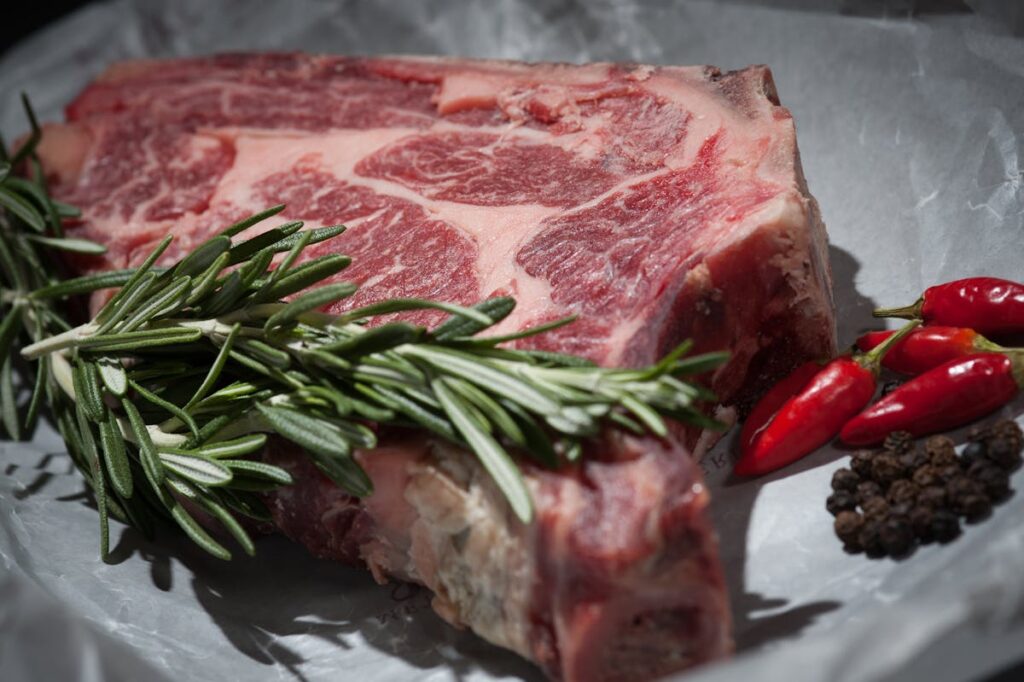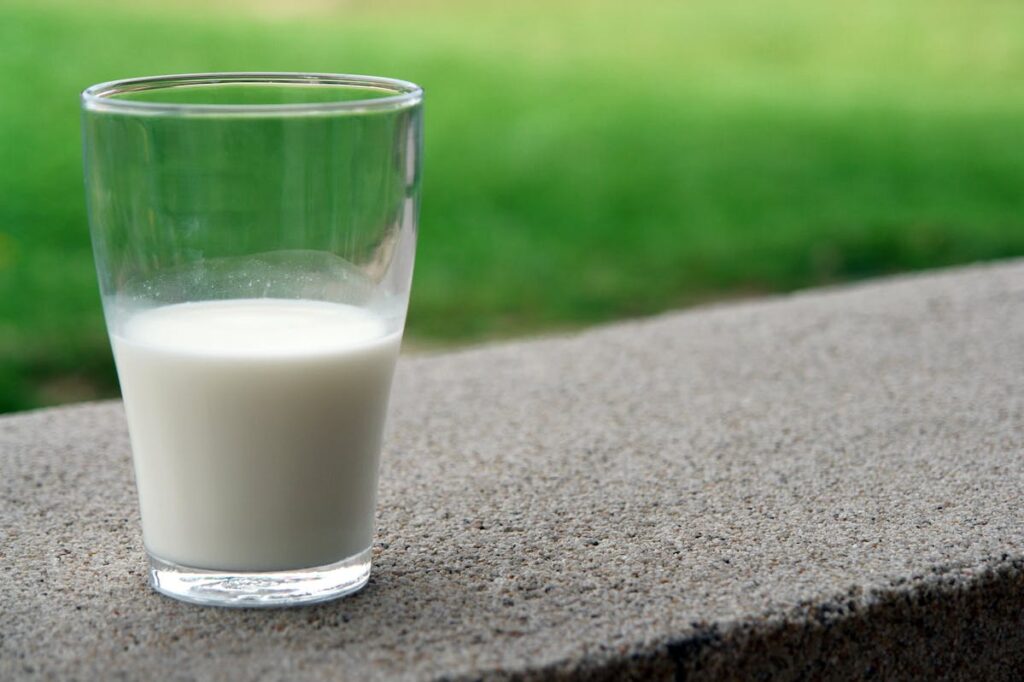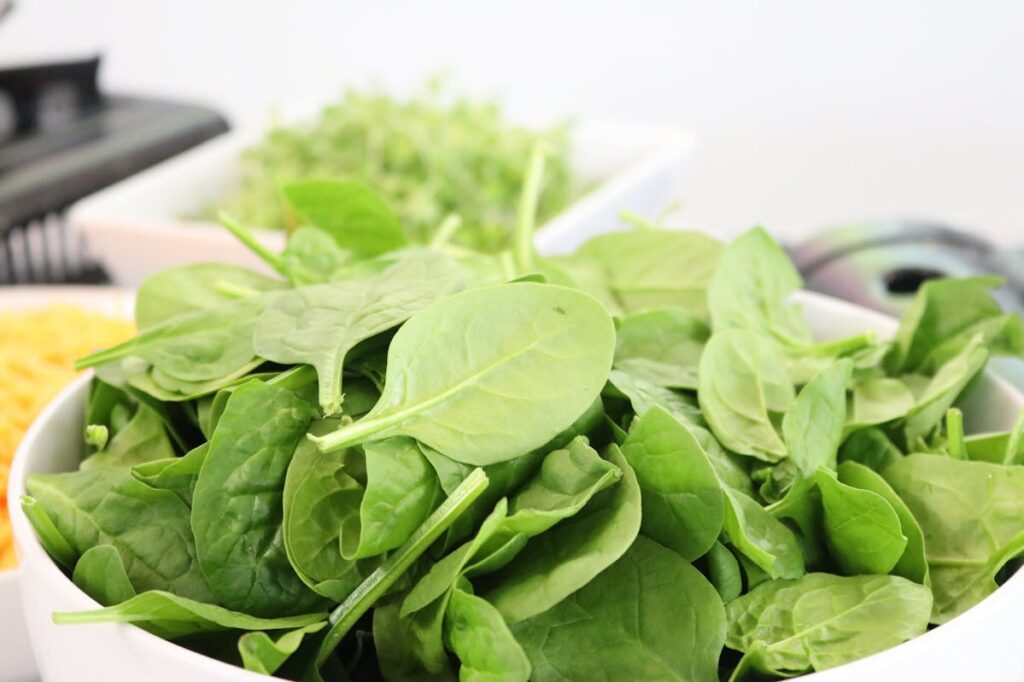In health and wellness, renal health often remains overshadowed by discussions of heart health, weight management, or dietary trends. However, the kidneys play an important role in maintaining our overall well-being, regulating blood pressure, filtering waste products, balancing electrolytes, and producing hormones. Therefore, safeguarding renal health is the right thing to do for a thriving life. One aspect of maintaining healthy kidneys involves being mindful of our dietary choices, particularly moderating certain foods to reduce the risk of renal diseases.
Renal diseases encompass a range of conditions from acute kidney injury to chronic kidney disease (CKD), which can progress to end-stage renal disease (ESRD) requiring dialysis or transplantation. While genetic predispositions and other underlying medical conditions contribute to renal disease, lifestyle factors, including but not limited to diet, exert substantial influence.
In this blog, we enable you to appreciate which foods to moderate, so you can safeguard your kidney function and reduce the risk of developing renal diseases.
Sodium Rich Foods

Sodium-rich foods can hurt kidney health due to their effect on blood pressure and fluid balance. When sodium intake is high, the kidneys must work harder to excrete the excess sodium through urine. This process requires the kidneys to filter more blood, leading to increased pressure within the blood vessels.
Elevated blood pressure, or hypertension, is a common consequence of excessive sodium intake. Prolonged hypertension can damage the blood vessels in the kidneys and impair their function over time. The kidneys play a crucial role in regulating blood pressure by controlling the balance of sodium and water in the body. When blood pressure is consistently high, it can strain the delicate filtering units of the kidneys, known as nephrons, and contribute to the development of kidney disease.
Moreover, sodium attracts water, leading to fluid retention in the body. This can further increase blood pressure and strain the kidneys further. In individuals with existing kidney disease, excessive sodium intake can exacerbate fluid retention and worsen symptoms such as swelling (oedema) and shortness of breath.
Common sources of sodium in the diet include processed foods, canned soups, deli meats, fast food items, and condiments. By moderating the consumption of these sodium-rich foods and opting for fresh, whole ingredients, individuals can alleviate the burden on their kidneys and promote better renal health.
Red Meat

While red meat provides necessary nutrients like iron and protein, its’ high protein and purine content can pose challenges to kidney function, especially for individuals with existing renal issues. High protein intake can strain the kidneys by increasing the workload required for excreting waste products, particularly urea and creatinine, which are byproducts of protein metabolism. When the kidneys are overburdened with processing excess protein, they may experience increased filtration rates, potentially leading to kidney damage over time.
On the other hand, Purines, found in high concentrations in certain foods like red meat can also pose challenges to kidney health. Purines are broken down into uric acid, which is normally excreted by the kidneys. However, excessive purine consumption can lead to elevated levels of uric acid in the blood, increasing the risk of conditions like gout and kidney stones. The kidneys may struggle to effectively eliminate the uric acid, potentially contributing to kidney stone formation or exacerbating existing kidney conditions.
In essence, while protein is necessary for various bodily functions, excessive intake can strain the kidneys due to increased waste production. Similarly, high purine consumption can lead to elevated uric acid levels, posing risks to kidney health. Moderation and balance in dietary choices are necessary for maintaining optimal kidney function. Consuming red meat in moderation and diversifying protein sources with options like fish, poultry, tofu, and legumes can mitigate these risks while maintaining adequate nutritional intake.
Dairy Products

Dairy products contain phosphorus, which is typically regulated by healthy kidneys. However, in individuals with compromised renal function, excessive phosphorus intake can lead to mineral imbalances and bone disorders. When the kidneys are unable to properly excrete excess phosphorus, it can accumulate in the bloodstream, leading to hyperphosphatemia.
High levels of phosphorus in the blood can disrupt the balance of calcium and phosphorus in the body, potentially causing calcification of soft tissues, including blood vessels and organs. This can contribute to the development of cardiovascular complications and lead to or worsen existing kidney disease.
Furthermore, dairy products also contain protein, yet as already established, excessive protein intake can strain the kidneys by increasing the workload required for processing and excreting waste products. While protein is essential for various bodily functions, including tissue repair and hormone synthesis, excessive consumption can lead to increased production of urea and creatinine, waste products that must be filtered out by the kidneys.
For individuals with compromised kidney function, limiting phosphorus intake from dairy products can therefore help manage phosphorus levels in the blood and reduce the strain on the kidneys. Opting for low-phosphorus dairy alternatives or limiting portion sizes of dairy products can thus support kidney health and minimize the risk of complications associated with high phosphorus intake.
High oxalate foods

High oxalate foods can impact kidney health, particularly in individuals prone to kidney stone formation. Oxalates are naturally occurring compounds found in many plant-based foods, such as spinach, rhubarb and nuts. While oxalates themselves are not harmful, they can bind with calcium in the body to form calcium oxalate crystals, which can accumulate and develop into kidney stones.
When these crystals aggregate and grow larger, they can obstruct the urinary tract, causing pain and discomfort as they pass through the urinary system. In some cases, kidney stones may become lodged in the ureter, the tube that connects the kidneys to the bladder, leading to severe pain, urinary tract infections, and potential damage to the kidneys.
Individuals with a history of kidney stones or those at risk of developing them may be advised to limit their intake of high-oxalate foods to reduce the risk of stone formation. However, it’s essential to note that not everyone who consumes high oxalate foods will develop kidney stones, as factors such as hydration levels, urinary pH, and overall diet composition also play a role in stone formation.
To minimize the risk of kidney stones while still enjoying a varied and nutritious diet, individuals can take several steps:
- Stay hydrated: Drinking plenty of water dilutes the urine and helps prevent the concentration of calcium oxalate crystals.
- Consume calcium-rich foods: Calcium can bind with oxalate in the intestines, reducing its absorption and subsequent excretion in the urine. Consuming calcium-rich foods like dairy products or fortified plant-based alternatives may help mitigate the risk of stone formation.
- Moderation: While it’s not necessary to eliminate high oxalate foods, consuming them in moderation and balancing them with other nutrient-rich foods can help manage oxalate levels in the body.
- Cooking methods: Some cooking methods, such as boiling or steaming, can reduce the oxalate content of certain foods. Blanching vegetables before consumption or opting for roasted nuts instead of raw may help lower oxalate intake.
Processed and Sugary Foods

Processed sugary foods and beverages can have detrimental effects on kidney health due to their contribution to obesity, diabetes, and metabolic syndrome. Here’s how they impact the kidneys:
-
Obesity and Diabetes: Processed sugary foods and beverages are often high in calories and low in nutritional value. Regular consumption can lead to weight gain and obesity, both of which are risk factors for kidney disease. Additionally, excess sugar intake can contribute to insulin resistance and the development of type 2 diabetes, another risk factor for kidney disease. Diabetes is the leading cause of kidney failure worldwide, as high blood sugar levels can damage the tiny blood vessels in the kidneys, impairing their ability to filter waste products from the blood effectively.
-
Hypertension: Processed sugary foods and beverages can also contribute to hypertension (high blood pressure), a leading cause of kidney disease. Excessive sugar consumption can lead to weight gain and insulin resistance, both of which are associated with an increased risk of hypertension. Furthermore, high sugar intake has been linked to inflammation and oxidative stress, which can further damage blood vessels and impair kidney function.
-
Kidney Stones: Sugary beverages, particularly those containing high fructose corn syrup, have been associated with an increased risk of kidney stones. High fructose consumption can lead to elevated levels of uric acid in the blood, which can contribute to the formation of uric acid kidney stones. Additionally, sugary beverages can increase the acidity of urine, creating an environment conducive to the formation of certain types of kidney stones.
-
Dehydration: Many sugary beverages, such as sodas and energy drinks, contain caffeine, which has diuretic properties that can increase urine production and contribute to dehydration. Chronic dehydration can strain the kidneys and increase the risk of kidney stones and urinary tract infections.
Therefore, to promote kidney health, individuals should aim to limit their consumption of processed sugary foods and beverages and opt for healthier alternatives such as water and unsweetened herbal teas.
Excessive Alcohol

Excessive alcohol consumption can impair kidney function by causing dehydration, altering electrolyte balance, and increasing blood pressure.
Alcohol acts as a diuretic, leading to increased urine production and subsequent dehydration. This dehydration strains the kidneys as they work harder to maintain fluid balance. Additionally, alcohol disrupts the body’s electrolyte balance, potentially leading to imbalances in sodium, potassium, and magnesium levels, which are good for proper kidney function. Similarly, chronic alcohol abuse can elevate blood pressure, a risk factor for kidney disease. High blood pressure damages the blood vessels in the kidneys, impairing their ability to effectively filter waste products from the blood.
Therefore, moderation in alcohol consumption is essential to safeguard kidney health and prevent long-term complications. If you’re concerned about your alcohol intake or its effects on your kidneys, consulting with a healthcare professional can provide guidance and support tailored to your individual needs.
Caffeine

While caffeine in moderation is generally safe for healthy individuals, its’ excessive intake can stimulate and potentially harm the kidneys. Caffeine acts as a mild diuretic, increasing urine production and promoting fluid loss from the body. In individuals with excessive caffeine consumption, it can exacerbate dehydration and strain the kidneys as they work harder to maintain fluid balance.
Moreover, caffeine can elevate blood pressure, which is a risk factor for kidney disease. By increasing heart rate and constricting blood vessels, caffeine can raise blood pressure levels, further stressing the delicate filtering units of the kidneys. Therefore, individuals with kidney issues or those at risk of developing renal conditions should limit their caffeine intake and prioritize hydration with water to support kidney function.
By and large, in addition to moderating the intake of caffeine, consulting with a healthcare professional can provide recommendations that are based on individual health status and needs regarding caffeine consumption.
In Conclusion
Your dietary choices influence your kidney health journey. By controlling the consumption of sodium-rich foods, red meat, dairy products, high-oxalate foods, processed and sugary items, alcohol, and caffeine, one can protect the kidneys and enhance vitality. You should prioritize nourishing your body intelligently, recognizing the important role that your kidneys play.
By adopting a mindful approach to food choices, you can preserve your renal health. Lastly, consulting with healthcare professionals or dietitians can provide guidance that is tailored to your needs and health circumstances.
The content shared in this blog is for informational purposes and should not substitute professional medical advice or treatment. Always consult a healthcare provider for personalized guidance.








